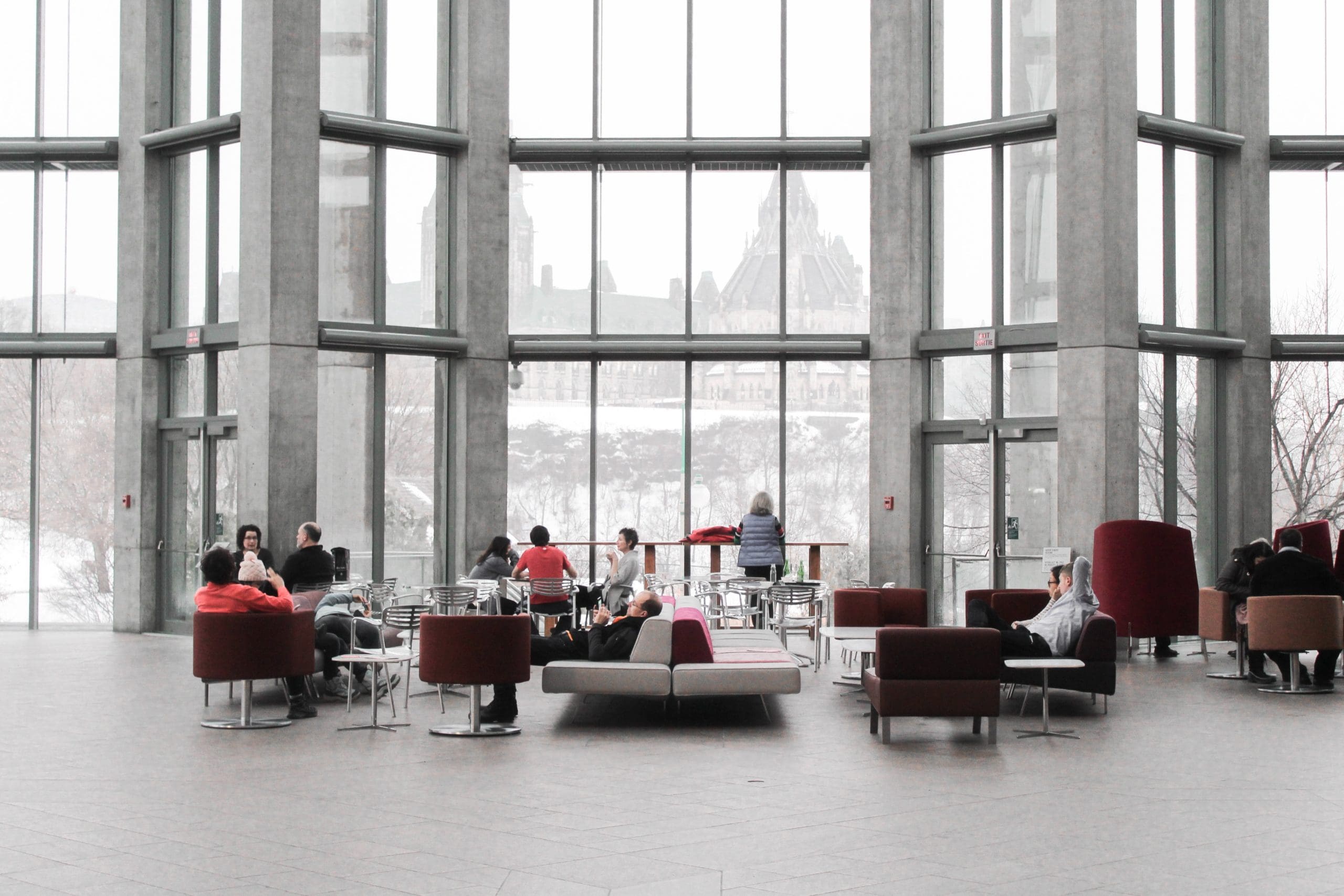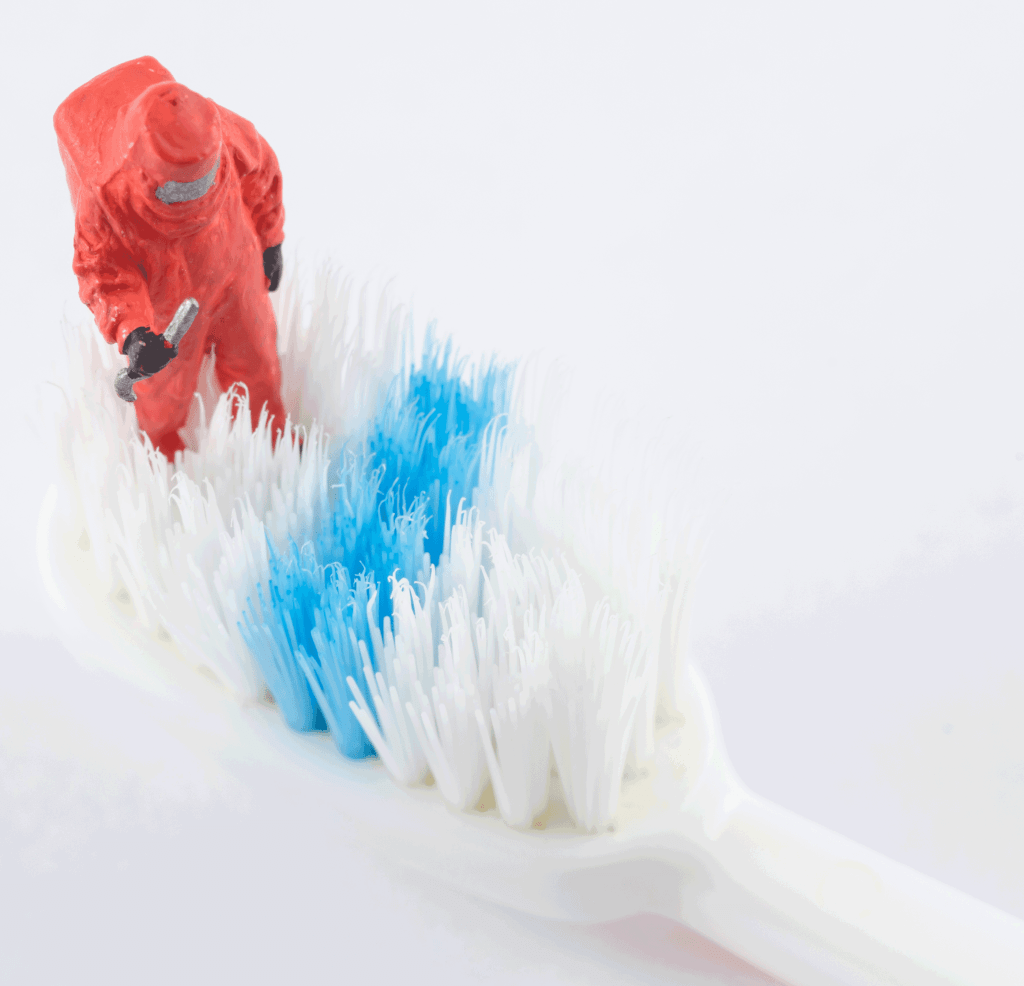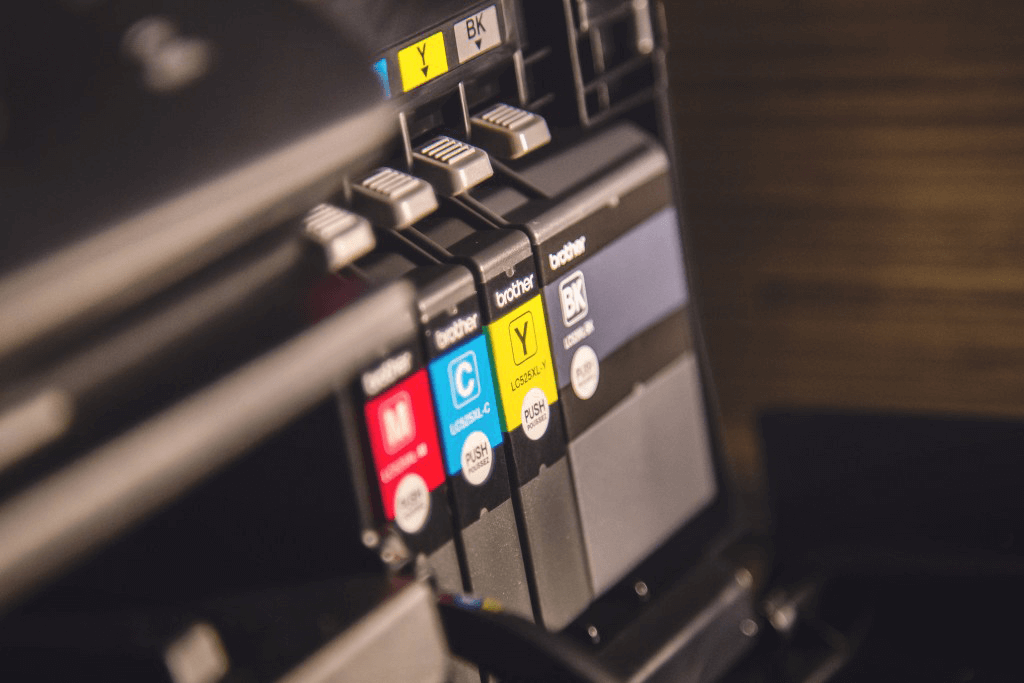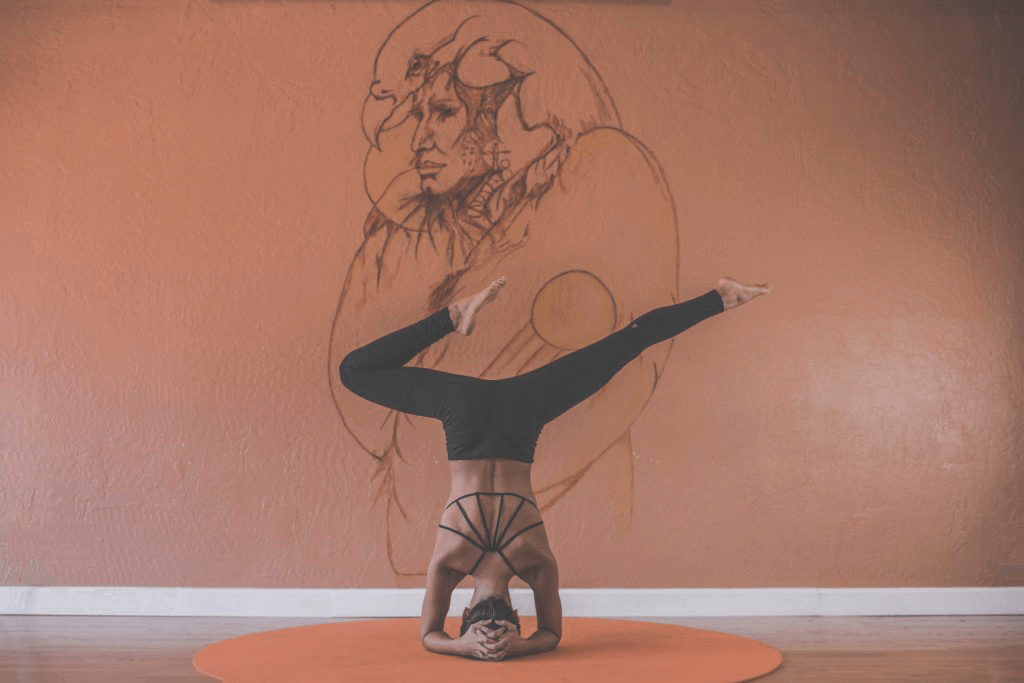(February 16, 2021, Singapore) A future where Healthy Buildings is the norm set the theme of the recently concluded virtual launch of uHoo Business Solutions where uHoo introduced the uHoo AuraTM, its new indoor environmental quality monitor for commercial and industrial applications.
The key takeaways from the built environment leaders include:
(a) the prime importance of health and well-being in built environments,
(b) the significant measurable benefits that can result from investing in healthy built environments, and
(c) the responsibility of property developers, business owners and leaders to create healthy, safe, and sustainable spaces for everyone.
The event featured discussions and presentations by a distinguished group of experts and leaders from the property development, architecture and sustainability sectors including
- Carmen Jimenez-Ong, CEO and Founder of Menarco Development Corporation,
- Angela Lee, Regional Managing Director for Asia Pacific and Principal of HKS Inc,
- Jack Noonan, WELL AP, ISIAQ, Vice President for Asia Pacific of International WELL Building Institute (IWBI),
- Iwan Sunito, Chairman and Group CEO of the Crown Group,
- Raymond Rufino, CEO of NEO Philippines; and
- Matthias Gelber, Director of Sustainability of Global Sustainability Exchange.
In his opening remarks, uHoo CEO and co-founder Dustin Jefferson S. Onghanseng related how personal health conditions resulting from poor air quality issues led him and his co-founder Brian Lin to create uHoo to help people with similar problems and ultimately promote health, safety and well-being for all. The vision to improve the quality of the air that people are breathing indoors – both in the home and the workplace – is the same driving motivation that led to the development of uHoo Aura.
Good Health is Good Business
For her part, Menarco Development Corporation CEO and Founder Carmen Jimenez-Ong shared a similar personal experience of suffering from a severe respiratory problem which led her to becoming a passionate advocate for health and wellness.
Her maiden project as a property developer, the multi-awarded and multi-certified Menarco Tower – considered the healthiest and safest building in Southeast Asia – is a testament to her commitment to create “humanity-centered spaces”.
It is the first and only WELL Certified™ Gold building in the region; for proving its optimal resource and energy efficiency, it has also been awarded the LEED Gold Certification. It, most recently, has also earned the much coveted Health & Safety Rating™ from IWBI.
Based on her experience in leading the development of Menarco Tower, Carmen shared that “investing in healthy spaces with healthy air benefits not just people, but also creates value for the business and ultimately for the whole community and society.”
Aside from providing examples of how Menarco goes above and beyond the standards of health and wellbeing, she demonstrated how this impacts productivity and satisfaction of employees and occupants.
In the fight against COVID-19, Carmen related how using uHoo in their building helped them “make the invisible visible” by detecting specific air quality issues that they didn’t know existed thus reducing the possibility of infection in the building. “The real-time information we got from uHoo helped us provide better building management and retain healthy tenants.”
Focus on Health and Well-being in Building Design
The 3-30-300 rule of thumb proposes that if an organization spends $3 per square foot on annual utilities, $30 on rent and $300 on payroll, a 2% energy efficiency improvement translates into savings of $0.6 per square foot. A mere 2% productivity improvement would lead to a $6 gain in revenue per square foot.
Drawing from her experience as an architect and designer, HKS Regional Managing Director Angela Lee expounded studies that demonstrate the ROI of green and healthy buildings.
She noted that there is a positive shift happening in the built environment which is a growing focus on health and wellbeing: “COVID-19 helped accelerate the trend from a conventional design point of view where we try to do no harm to responsible and regenerative design where we seek to improve the living conditions for everyone.”
She concludes by reiterating the call to “invest in healthy people for a healthy return on investment.”
Healthy Buildings should be the norm in the built environment in the future
The presentations were followed by a panel discussion moderated by Matthia s Gelber centering on the question: “Will Healthy Buildings be the norm for the built environment in the future?”
VP for Asia Pacific for IWBI Jack Noonan opened the discussion by echoing the significant shift in the focus in built environments from “doing less bad to doing more good” for people.
He shared three important points for property developers and business leaders to consider when thinking about health and well-being.
First, there should be a comprehensive and holistic view where physical, social, and mental impact of healthy spaces should be considered.
Second is a focus on equitable development because health is a basic human right. “Healthy spaces should be everywhere, not just in progressive countries. We should be able to demonstrate that it can be done in developing countries as well because health and wellbeing is for everyone.”
He ends by saying that there should also be greater focus on performance and metrics. “We need to be measuring our buildings better in terms of how it improves occupants’ lives.”
Crown Group Chairman and Group CEO Iwan Sunito supported Jack’s discussion and added that it is not enough for a building to be sustainable, “it should sustain the lives of the people occupying it.” He explained how in the property development projects that they undertake to try to add inspiration to the fabric of the communities and elevate people’s lives. “Buildings should not just be healthy, they should also be happy,” he stated, explaining how buildings can evoke a sense of happiness and satisfaction. Happy employees and occupants, according to Iwan, think better, are more creative, and perform better.
Rounding up the group sharing, NEO Philippines CEO Raymond Rufino noted that the shift towards working remotely during the extended periods of lockdown and shelter in place around the world is a call for property developers and managers to rethink their business continuity strategies.
He urged property developers and business leaders to address the challenge of providing healthy and safe buildings so people will be able to work and live with confidence. “The issue is not about whether or not we want healthy buildings to be part of our future, it’s our responsibility to make sure that they are.”
uHoo CEO and co-founder Dustin Jefferson Onghanseng then presented uHoo AuraTM, the best-in-class indoor environmental quality monitor that monitors your environment so you know exactly how to create a healthy, safe, and productive workplace.
- Measures and monitors 13 indoor environmental quality parameters plus the uHoo Virus Index™ to safeguard the environment against COVID-19
- Manage all devices and locations on one dashboard so you can easily identify and address any issues
- Integrate with building and HVAC systems to automatically control and manage your air quality
Matthias Gelber summarized the discussions by saying that “there is no more excuse; we have to build health and wellness into the core of all our buildings. You will be losing out more if you don’t.”
To learn more about uHoo Aura and how it can help create a healthy workplace, please visit our website.
To access our Media Kit, please click here.
About uHoo
uHoo is a global air quality management company. Its vision is to help reduce deaths and improve lives and well-being globally through proper air quality management. uHoo was founded by Dustin Jefferson S. Onghanseng and Brian Lin. Both have respiratory conditions and wanted to improve the environmental conditions in which people live, work, and play so sickness and disease can be prevented and health improved.
Website: https://getuhoo.com
Email: press@getuhoo.com
LinkedIn: https://linkedin.com/company/uhoo
Facebook: https://facebook.com/getuhoo
Instagram: https://instagram.com/getuhoo
Twitter: https://twitter.com/uhooair
Contact: press@getuhoo.com







